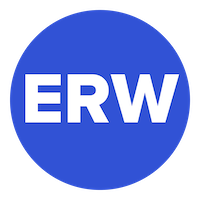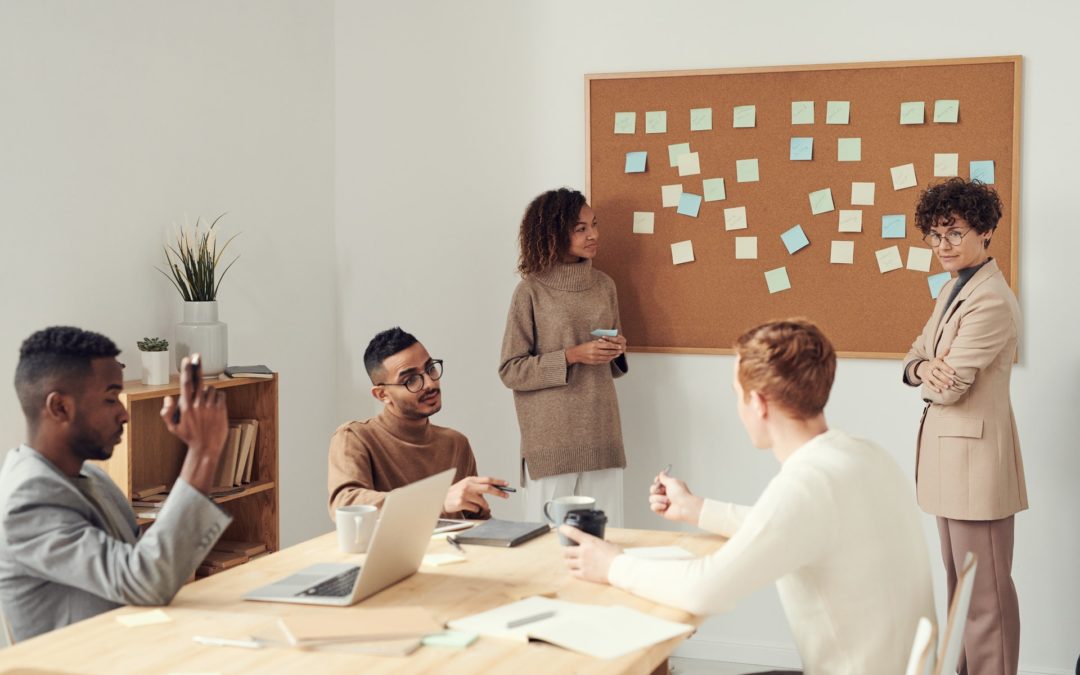Building a community of local supporters is essential in both offline and online campaigning; from delivering leaflets and conducting surveys on the doorstep, to sharing social media content and moderating comments.
The most effective way to create a brand new community or contribute to an existing one in order to build your movement, is via Facebook Groups.
As a candidate for local, regional or devolved public office, you will want to do two things to help build your community of local supporters:
- Search for, join and contribute to existing Facebook Groups in your local area. Do not use this as an opportunity to directly solicit votes, rather see what issues are being reported and what solutions are being offered by those affected. See how these problems match your pledges. Engage with the comments, but spend more time listening, than typing.
- Create your own Facebook Group, linked to your candidate Facebook page. In this Group, you will begin to grow your community of local supporters by asking questions, sharing updates and using Facebook Live videos.
Facebook Groups offer you organic reach. This means that content posted in your Facebook Group is more likely to be seen by your followers in their newsfeed than what you post on your Facebook page. Facebook Groups help you form meaningful relationships built on loyalty and connect with people in your community on a more personal level.
How do you ensure you’re making the most of your Facebook Group and opportunities to engage with your voters, in order to build your movement?
Here are five tips:
- Make your rules and expectations crystal clear. Ask yourself: what are my goals for the Group? What do I expect members to post? What are my guidelines for how members should interact? Detailed rules go hand in hand with meaningful, high- quality conversations.
- Prioritise daily discussions. Posting on a regular basis is definitely a commitment, but you can use themed discussions and ask moderators and admins to help lead discussions.
- Let your Group know you’re listening, but don’t talk too much. Keep a close eye on your notifications and replies. If you’re asked a question, respond. If you’re tagged in a comment, react. But you need to find a balance between listening and talking.
- Avoid direct selling. Or in your case, asking for votes. Nobody joins a Group to be spammed with links or sales pitches. Yes you really want votes, but what you want more is to make your community better.
- Experiment with different posts and content formats. Experiment with user- generated content (ask members to upload images or videos of what’s going on in your neighbourhood), do Facebook Live videos when you’ve got an update, use polls, share images and ask for recommendations. Use all the different features available to you.
Your supporters will begin to trust you when they believe you’re driven by things other than just chasing votes. You have to earn trust by communicating and demonstrating that you share the same values and beliefs.
Facebook Groups are just one effective tool to help local councillors build up support. I’ve recently released an eBook which teaches anybody either standing for or elected to local, regional or devolved public office—how to change their community through social media campaigns. The eBook will also help you create a social media campaign from scratch, build your brand, create content that is “short, simple and shareable” and make videos that people want to watch.

